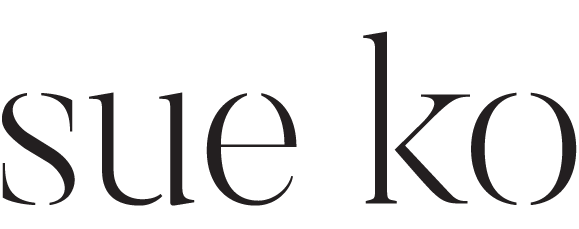
5 ways to bring your rational brain back online when you’re overwhelmed
—–
Imagine you’re on a boat adrift on the ocean, taken out to sea by the current. You have no control over your speed or direction. Then you drop anchor. Even though the current keeps the water moving around you, you’re now grounded. You’re now connected and in control of your position.
When life gets busy, you’re like the boat — taken by the current of tasks, projects, people and commitments.
By integrating gentle anchoring practices into your daily routine, you can ground yourself instead of feeling like you’re adrift, pulled by the current.
Inside this post you’ll learn:
» What happens in your brain when you feel overwhelmed
» 5 simple anchoring practices to try
» The benefits of anchoring practices
Your rational brain goes offline when you’re overwhelmed
Have you ever felt like your head was spinning when life is super busy and you’re overwhelmed by everything you need to get done?
That spinning sensation is a symptom of your brain sending out a call for help.
—
Your rational brain (pre frontal cortex) has gone offline because it’s
overworked, leading to mental exhaustion and overwhelm.
Your mind is craving silence and stillness.
AND
Your emotional brain (limbic brain) is now in the driver’s seat
and interprets the overwhelm and stress as “a threat”,
triggering your body’s fight/flight response.
—
When you’re in fight/flight mode, your emotional responses are amplified — you may feel resentful and unappreciated. You’re more snappish and less patient, and processing information or decision making becomes harder.
Physically, your heart beats faster, and your breathing more shallow. The all too familiar anxiety symptoms.
How anchoring practices bring your rational brain back online
Simple anchoring practices will bring your rational brain back online, by letting your emotional brain know you’re safe.
You come out of flight/fight and back into rest/digest mode, where you’re calmer, have more clarity of mind, and more at ease (and less grumpy!).
Anchoring practices include small but mighty moments of silence, stillness and deep intentional breaths integrated into your daily routine.
5 simple anchoring practices you can do today
1. Eyes to the Sky
Whenever you’re outdoors, take a minute to look up at the sky. Whether you’re going for a walk, having a cuppa on your back deck, checking your letterbox, or hanging out the washing.
Let being outdoors be your prompt to look up and breathe deeply. Soon it’ll become second nature. Again, allow yourself to feel gratitude for life, and being safe in that moment.
2. Stretch and Breathe
Before climbing into bed, do a few stretches (arms, shoulders, neck and hamstring are great before bed!) taking deep intentional breaths in and out. Embrace the freedom of listening to what your body needs in that moment.
For ideas on beneficial stretches to do before bed, do an internet search and find something you enjoy.
3. Self Massage
Place your hands on either side of the back of your neck, and gently massage in a circular motion, or side to side. You can work down towards your upper trapezius muscles (upper shoulders).
Breathe deeply and bring your focus to the sensation of tension dissolving as you massage. You can do this after brushing your teeth, as part of your stretches before bed, or whenever you’ve got a few minutes ie. waiting for the kettle to boil.
4. Shoulder Relax
When your head hits the pillow, take a minute to breathe in, and as you exhale deeply, relax your shoulders (those upper trapezius muscles again!). You’d be surprised how often we hold our shoulders up. Repeat these a few times as you drift off to sleep.
5. Bathroom Breathing
For most of us, bathroom time is when we have a minute to ourselves — teeth brushing, showering, skincare routine etc. No matter how rushed you might feel, give yourself a few intentional minutes of silence and stillness. Close your eyes and take a deep breath in through your nose, and exhale through your nose. Allow the feeling of gratitude for a moment to simply breathe deeply, and be fully present with yourself.
Benefits of Anchoring Practices
These simple practices gives your mind breathing space, allowing it to recharge and reset. You can do them whenever you feel yourself spiralling into overwhelm, or better still, as part of your daily routine.
Benefits include:
» Allows your rational brain to recharge and come back online
» Pulls you out of fight or flight, and back into rest and digest
» Brings you back to the present moment
» Awareness of how you feel within your mind and your body
» Intentional moments of gratitude
» A chance to practice simple self care
The more we create moments of silence, stillness and space to breathe with intention, the more we can operate from our rational brain, where we are calm, focused and in flow.
The anchoring practices I’ve shared will quieten the symptoms of overwhelm. But if you’d like explore how your habits, behaviours or subconscious thoughts may be contributing to the overwhelm, I provide a safe space for you to get curious and learn more about yourself in a 1:1 session.
